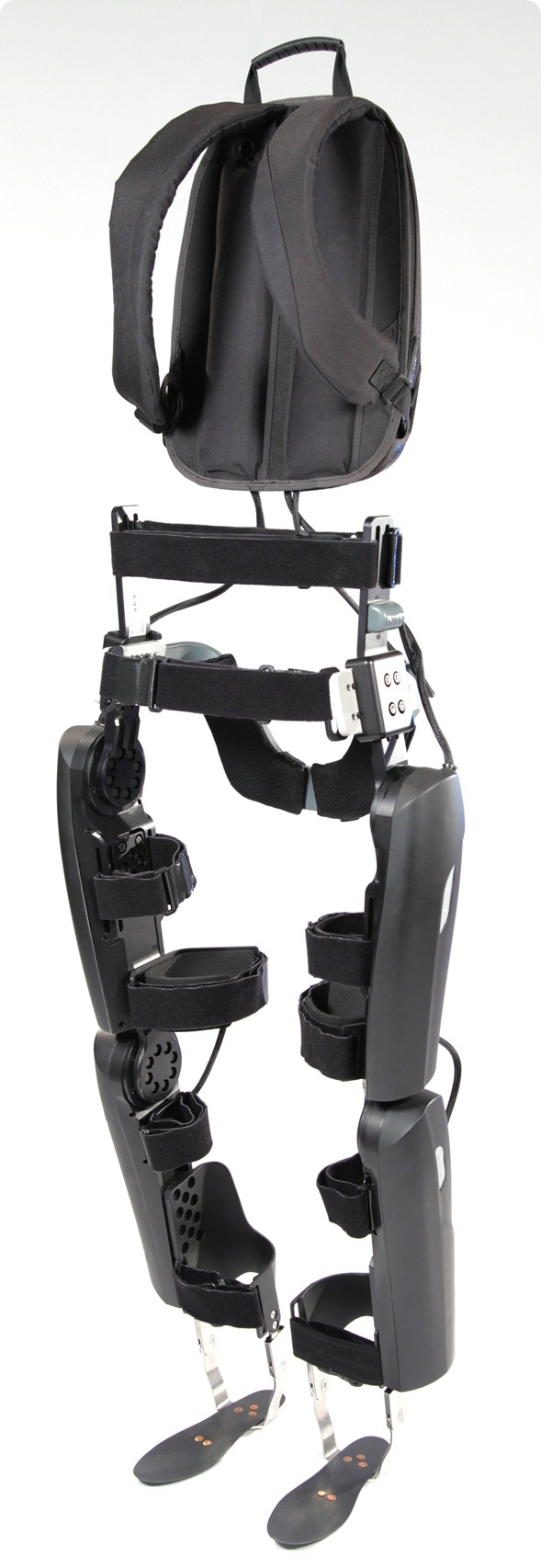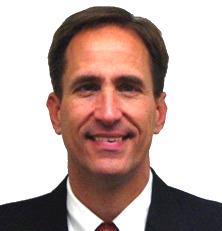Exoskeleton technology is a rapidly emerging medical field using a combination of sensors, motors, computer based control systems and rechargeable batteries in the form of a skeleton that fits onto the legs and hips of an individual – called an Exoskeleton.
These systems seek to enable paralyzed individuals by allowing them to regain the function of walking, standing and going up or down stairs. It is now frequently referred to as “ReWalking.”
Why has exoskeleton technology previously not been used at home?
Initial use and testing was done in the controlled setting of rehabilitation centers. The very successful use and testing at these centers provided the basis for how it can be used at home, at work or in other daily activities. The launch for home use required this type of methodical testing to most effectively prepare for the launch.
Please could you give a brief introduction to ARGO’s ReWalk model?
ARGO’s ReWalk exoskeleton is a uniquely patented design that consists of a light wearable suit with motorized legs that allow knee and hip movement. It is battery powered for all day use and controlled by on-board computers and motion sensors.
The system senses subtle changes in the individual’s center of gravity to trigger each step and allow functional walking. It has many expected benefits that come from routine daily walking.

What is it about ARGO’s ReWalk that allows it to be used at home?
The ReWalk exoskeleton device has user initiated walking. This means that the user is the person in control of the device and can walk independently without any external assistance. The ReWalk can be used as an alternative to a wheelchair.
Along with being able to sit, stand and walk independently, users can have conversations with friends and family face-to-face, and access hard to reach places around the home and at work.
How did ReWalk originate and how was it developed?
The ReWalk was invented by Israeli entrepreneur Dr. Amit Goffer, who was inspired to create an exoskeleton device and start ARGO Medical Technologies after becoming a quadriplegic in 1998. Since Dr. Goffer founded ARGO in 2001, it has become an international company with headquarters in the US, Germany and Israel.
ARGO is now operated by a team of experts in the fields of rehab devices, control and computer sciences with decades of combined experience in R&D, engineering and manufacturing of multidisciplinary systems. The company is also assisted by renowned international experts in the fields of medicine, biomedical engineering, robotics and marketing.
How does ReWalk fit with ARGO’s aims?
Developing the ReWalk has been ARGO’s primary goal as they continue to evolve technology that allows those with lower limb disabilities to realize their dreams of walking independently.
Where is ReWalk currently available?
The ReWalk is currently available for research in rehabilitation facilities in the United States and for both rehabilitation and research purposes in the EU. It is now also commercially available to take home for daily use in the EU.
Are there plans to make it available outside the EU?
The ReWalk is currently awaiting FDA clearance for commercial use in the United States. The goal is to make this technology available globally to any potential user who wants one.
How do you think the future of exoskeleton technology will develop?
We are fortunate to be the market leader in providing this technology. We believe the need and business case is great enough where many companies will follow our lead and seek to provide systems that can be used in everyday life.
The future will develop with these systems becoming common on the streets of many cities. They will get smaller and lighter. There will be a point where a ReWalker will walk down the street in a quiet compact system that no one will even notice.
What plans do ARGO Medical Technologies have for the future?
Our first practical focus is on developing training and service centers located throughout the world so we can broadly support expanded use of the technologies. We will also continue clinical studies to best define the benefits and methods of use for the “ReWalking” community.
Long term, the system will have many significant improvements and we will seek to develop designs for many other medical applications.
Would you like to make any further comments?
Only that the best way to understand this system is to talk with someone who is using it. They can relate the function and what it means to them better than anyone else.
Our website offers some individual comments and we have a growing base of users. Working with these ReWalkers has been a remarkable experience and we look forward to providing this to anyone who needs one.
Where can readers find more information?
www.rewalk.com
About Larry Jasinski
 Larry Jasinski has been CEO of Argo Medical Technologies since February 2012; prior to that he worked as CEO of Soteira Inc from its founding in 2006 until the sale in 2012 and as CEO of Cortek Inc. from 2001 until its sale in 2006.
Larry Jasinski has been CEO of Argo Medical Technologies since February 2012; prior to that he worked as CEO of Soteira Inc from its founding in 2006 until the sale in 2012 and as CEO of Cortek Inc. from 2001 until its sale in 2006.
From 1985 until 2001, he was at Boston Scientific Corporation serving in multiple Sales, Marketing, R&D and General management roles including as VP of Sales, Marketing and Project Management for the Peripheral Vascular Division of Boston Scientific.
He holds degrees from Providence College and the University of Bridgetport.